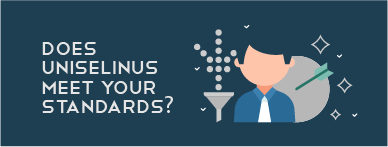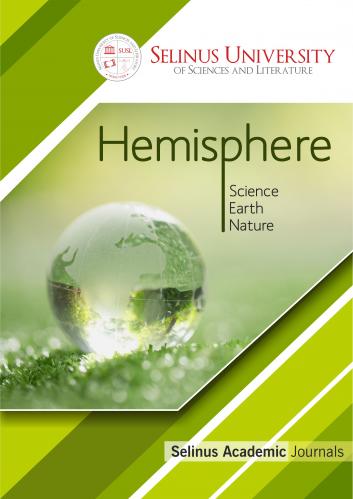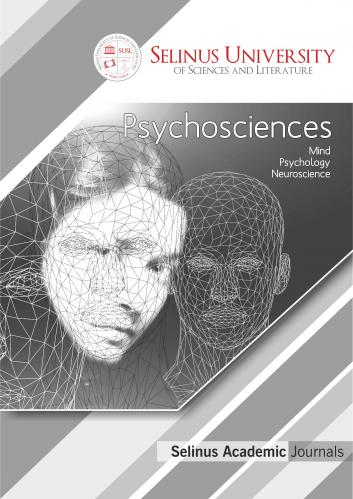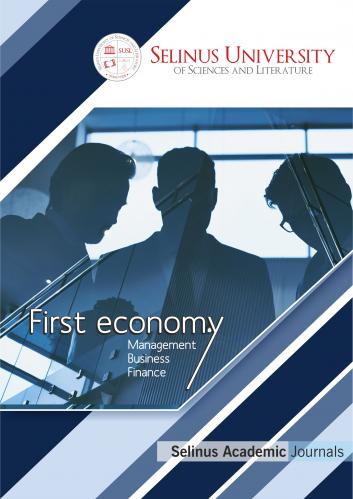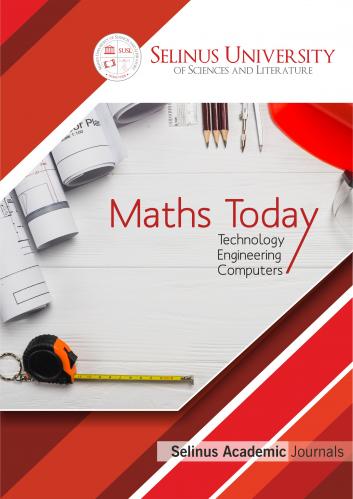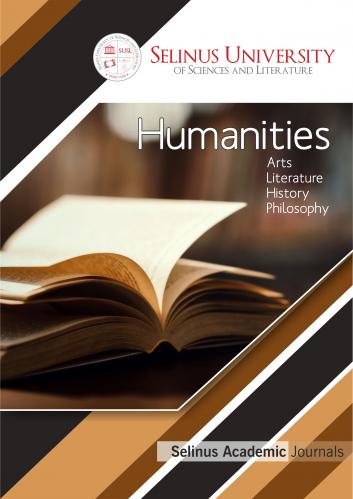
Distance Learning Degree
Professional recognition of distance learning
Professional reputation depends largely on achievements and skills, as well as on the level of education (degree and/or diploma). For this reason, any adult distance learning degree program is not only a career advantage, but also comparable to a traditional in-person course. In fact, a perfectly valid degree can be legitimately earned through a distance learning university such as Selinus University. Earning such a degree demonstrates undeniable qualities – such as willpower, responsibility, motivation and self-organization – which are highly valued in the business world. It is no coincidence that HR departments and managers view positively employees who participate in distance learning programs to enhance their qualifications.
Recognition of non-formal education
Selinus University is a non-formal education institution for adult learners. Its non-traditional study programs do not follow the guidelines of any Ministry of Education, as they are not standardized, but designed and customized to meet the specific needs of adult learners. As a result, some government positions, public sector jobs or professional licenses require the possession of degrees earned through traditional education programs. Therefore, distance learning institutions not accredited at a governmental level, such as Selinus University, issue degrees that cannot be used to pursue a profession that requires state license or government recognition. The recognition of such degrees, while highly valued, is always discretionary.
Selinus University's degree certificates and transcripts can be legalized internationally through Hague Apostille (for countries that are party to the Apostille Convention) or consular legalization (for countries not party to the Convention). This legalization allows any institution, such as Selinus University, to obtain official certification of signatures affixed to documents, ensuring their legality and legitimacy. The legalization process, however, does not necessarily guarantee final acceptance of a degree by third-party entities. For this reason, we strongly advise those who intend to pursue a program of study at Selinus University to first verify that the degree awarded is regularly accepted in their country and suitable for the intended purposes.
In many countries, government institutions are working on the process of official validation of non-formal education. In 2012, for example, formal higher education and university systems within the European Union were unified under the Bologna Process. Currently, European countries are facing increasing pressure for the recognition of individual knowledge, skills and competencies, which requires new approaches to validating learning experiences. For this reason, in the same year, the European Commission has submitted a proposal for a Council recommendation on the validation of non-formal and informal learning.
Accreditation of distance learning
Higher education is normally overseen by the national government, which is responsible for higher education policies. With the growth of free market and globalization, many countries are moving toward a more liberal, competitive and diversified distance higher education system. Accreditation is one of the main factors affecting this global trend. It is an institutional process that evaluates the distance learning methods of universities and educational institutions, with respect for their autonomy and specificity.
Accreditation also ensures academic quality through regular review of courses. Therefore, universities offering distance learning courses generally strive for accreditation, in order to demonstrate the quality levels of their academic programs. However, it must be taken into consideration that in the U.S. the accreditation process is non-governmental and voluntary. Many universities do not seek accreditation for various reasons. For example, they do not need to receive government funds, or - as in the case of Selinus University - their teaching system has a standard that does not adhere to government standards, and there is no governmental accreditation model for distance learning institutions in the world.
International accreditation
In the U.S. there is no federal department of education or authority that exercises centralized national control over post-secondary educational institutions, nor is there an accrediting agency for non-formal distance learning institutions, such as Selinus University. As a result, U.S. educational institutions vary considerably in terms of quality and programs, while distance universities have to rely on accreditation from private entities and international quality certification systems, such as ISO certifications.
Selinus University is a non-formal international institution and has no government accreditations. It is accredited by the WCI (World Certification Institute), one of the major international bodies for professional accreditation and career empowerment. It is also accredited by AAHEA (American Association for Higher Education and Accreditation), QAHE (International Association for Quality Assurance in Higher Education) and ELQN (E-Learning Quality Network). It is also a member of several international educational institutions.
In addition, Selinus University is recognized by California University Foreign Credential Evaluation (CUFCE) for the purpose of issuing degree equivalence certificates in the US. Selinus University meets numerous quality standards of distance education organizations in several countries and is working hard to obtain more accreditations worldwide.
None of the international bodies mentioned above are recognized by the CHEA (Council for Higher Education Accreditation), the independent non-governmental U.S. association of colleges and universities that award traditional degrees. In the United States, CHEA accreditation is important for two main reasons: the first is that it ensures academic quality in a country whose Constitution guarantees freedom of education. The second is that it provides U.S. federal grants, reserved only for its members and not for distance higher education organizations. It is important, however, to understand that accreditation is not equivalent to formal legality or recognition, but rather a non-governmental and voluntary quality standardization process, to which each university is free to choose whether or not to conform.
Acceptance of distance learning academic degrees
In the United States, many institutions are reluctant to validate credits from non-formal universities that are not accredited by CHEA. In some cases, partial transfer of credits is accepted. It must be noted that any type of accreditation, including CHEA, does not automatically guarantee global acceptance of an academic degree by hiring institutions or companies. Therefore, it is the student's responsibility to verify the acceptance and usability of degree earned at Selinus University with potential employers.
Selinus University’s educational system, with its accreditations and certifications, is an international quality benchmark. Based on our program standards, which are in line with the current higher education guidelines established by the European Union (ECTS - European Credit Transfer System) and the US system (GAAP - Generally Accepted Accrediting Practices), one SUSL credit corresponds to 2 ECTS. Nevertheless, the recognition of our academic degrees remains entirely discretionary. Selinus University is constantly seeking greater recognition of its dynamic and effective higher education system, as proved by obtaining the major international quality certifications: ISO 9001, 29990, 21001.
Selinus University's international degrees do not require any Ministry of Education authorization. Its charter is recognized by the competent authorities, being registered as an LLC in the state of Delaware, US (Secretary of State Division of Corporations), being therefore legally authorized to operate as an International Private Commercial University. Its articles of incorporation are duly apostilled under the 1961 Hague Convention and legally recognized throughout the world.
Prospective students at Selinus University are recommended to check, prior to enrollment, whether the degree they intend to pursue is suitable for their career needs. In fact, professional requirements and restrictions vary widely depending on the specific country and field of work. Some jobs necessarily require government-recognized degrees, while others also accept non-formal degrees. However, as an institution geared toward professional certification, we believe that what really makes the difference in today's competitive job market is experience and competence. No company hires on the basis of a degree alone: employment requires an added value, which lies not so much in the degree, but rather in the actual skills it certifies.

